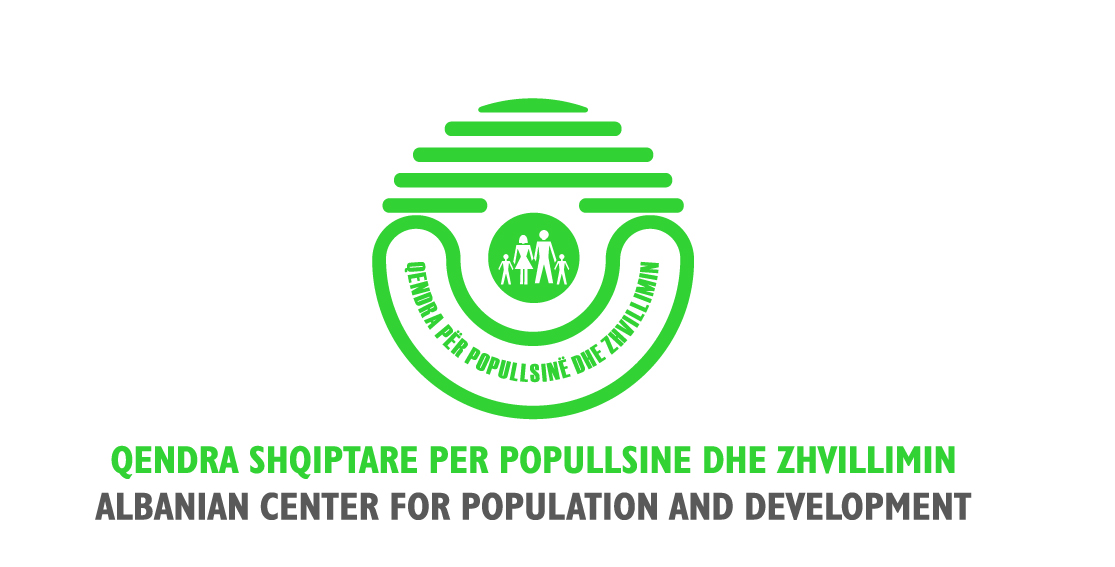
| 31 March 2016
Associação Guineense para o Bem Estar Familiar
Guinea-Bissau is one tenth the size of its neighbour Guinea-Conakry, but its people suffer equally distressing sexual and reproductive health (SRH) problems. The Associação Guineense para o Bem Estar Familiar was established in 1993 to address the major issue in family planning: equipping couples to make active, informed choices about the number of children they would have, and when they would have them. Since then, the Member Association’s work has expanded to embrace a full range of SRH concerns. It provides young people with information, education and communication (IEC) and behaviour change communication (BCC) around sexual and reproductive health; it works on the prevention, diagnosis and management of sexually transmitted infections (STIs) includind HIV; it provides post-abortion care and support; it provides care for victims of gender-based violence (GBV); and it advocates strongly at government level for legislation to prevent GBV. Associação Guineense para o Bem Estar Familiar achieved these results through a small but committed team that operate over hundred service points, including static clinics and community-based service points. Despite the relatively small size of the organization, it is growing rapidly with strong central support from IPPF, influential government partnerships, and backing from non-governmental organizations including UNFPA.

| 31 March 2016
Albanian Center for Population and Development
The Albanian Center for Population and Development runs family planning clinics in Tirana and Lezha, and has branches in 6 districts of the country. The organization trains health personnel in reproductive health, post-delivery contraception and safe abortion techniques. FPAA also trains pharmacists and sex educators, and runs information, education and communication (IEC) programmes and activities in conjunction what the Albanian Foundation for Civil Society. The IEC work focuses on sensitising the general public to family planning issues and techniques. There’s also a strong strand devoted to educating young people. FPAA has significant influence with government officials and policy makers working in the sexual and reproductive health (SRH) sector, and has played a major role in drafting the country’s reproductive health legislation. The association also allies itself closely with women’s non-governmental organizations (NGOs) advocating for the delivery of improved services.







